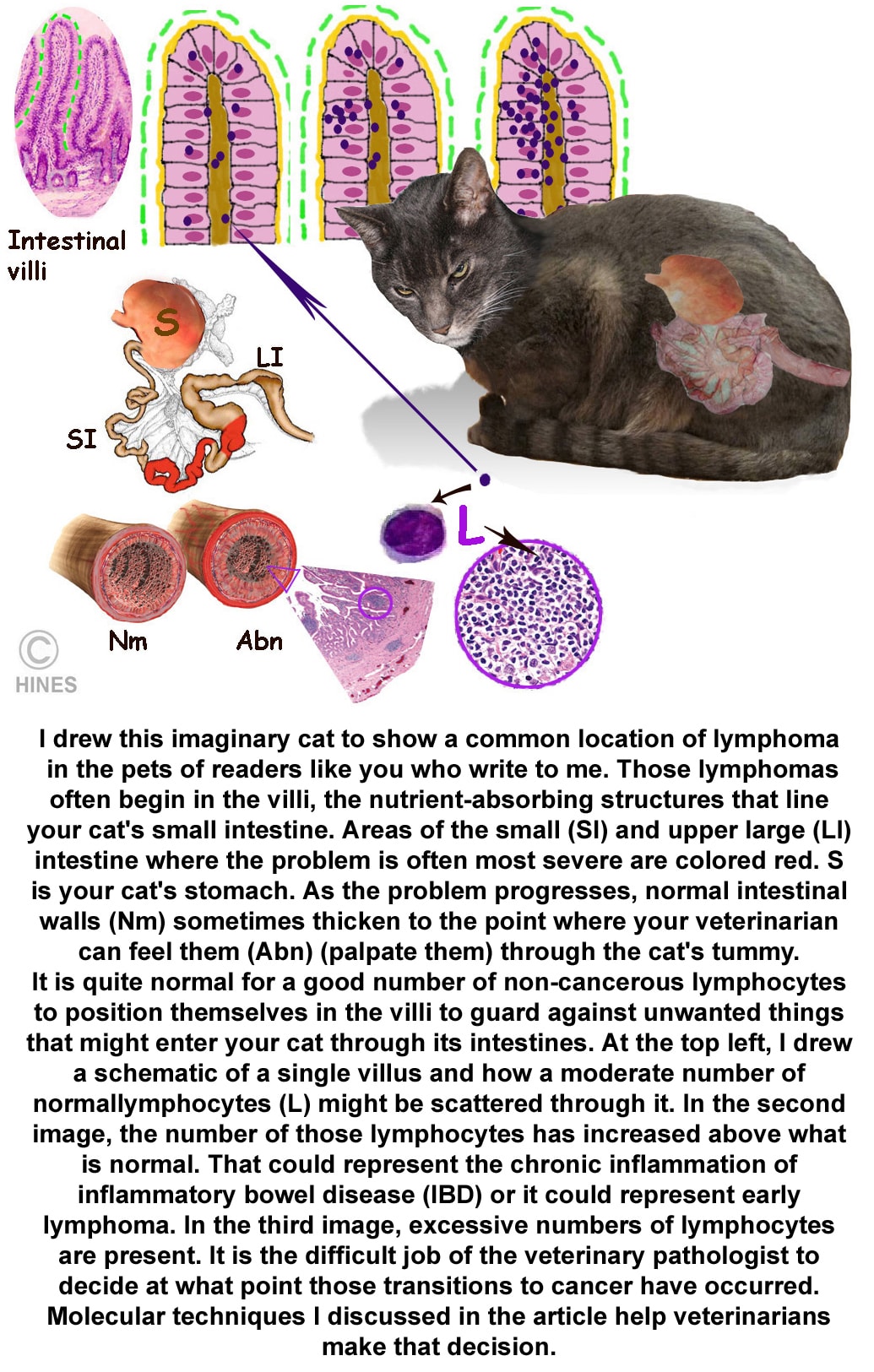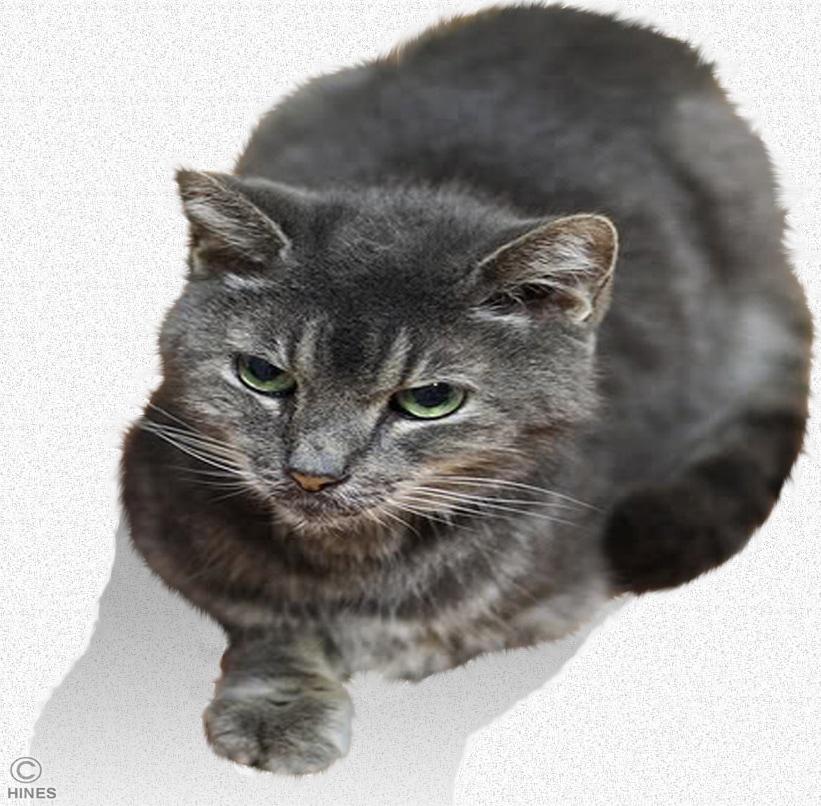gastric lymphoma in cats
Seventy-five percent of cats experienced remission. Even the tumor itself bleeds as well.

Extranodal Lymphoma In The Cat Semantic Scholar
Intestinal lymphoma is the most common form of lymphoma in cats.
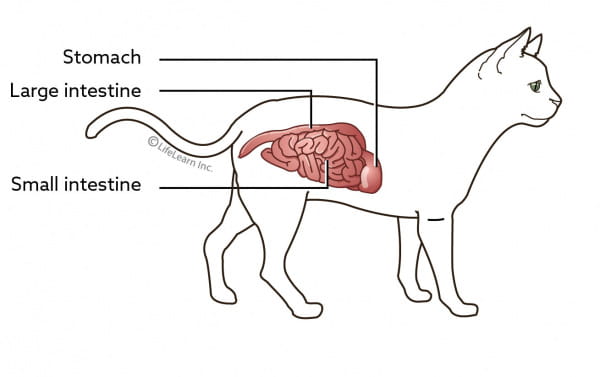
. Gastric lymphoma in dogs and cats can be localized growing as a mass in one location or diffuse spread out as a general thickening of the stomach wall. Get NHVs most useful pet cancer supplements in one holistic pack. Unfortunately gastrointestinal lymphoma in cats isnt curable but with effective treatment many cats can.
Mediastinal Lymphoma This type of lymphoma grows in your cats chest usually between their lungs. Feline GI lymphoma appears to occur as one of two major types with a portion of cats being affected by a more indolent small-cell lymphocytic form of lymphoma and others having a more aggressive large-cell lymphoblastic form of lymphoma. Feline gastrointestinal lymphoma.
As this blood is coming from further up in the digestive tract the cats body is digesting. Overall first remission duration was 108 days. Alimentary or Intestinal Lymphoma By far the most common lymphoma in cats this type of lymphoma affects the guts.
Unvaccinated outdoor cats are at greater risk than indoor cats due to their greater exposure to FeLV infection. Gastrointestinal lymphoma is one of the most common types of lymphoma in cats. This particular type of cancer is known for more frequently affecting cats with the feline infectious virus FeLV because the immune system is already compromised.
This term describes lymphoma that affects the gastrointestinal tract. This is by far the most. Appetite loss Weight loss Vomiting Diarrhea.
Gastric lymphoma or lymphoma of the stomach can occur as a single isolated mass within the stomach wall or it may be a component of more widespread lymphoma affecting the entire gastrointestinal tract. Some of the most common symptoms of feline gastrointestinal lymphoma include. Intestinal lymphoma originates in the GI tract and will often be accompanied by severe gastrointestinal symptoms.
Indications for surgery in cats with GI lymphoma are gastrointestinal obstruction gastrointestinal perforation. The incidence of alimentary lymphoma between the pets with lymphosarcoma is around 7. While it can affect the entire body one type of feline lymphoma that affects the gastrointestinal tract is the most common making up approximately 23 of all cases.
Eventually the disease will be fatal. Incidence and Causes of Gastrointestinal Lymphoma in Cats. Lymphoma in cats is now most commonly seen in the intestines.
This disease can therefore vary from something which cats can live with for some time without illness to a rapidly progressive and fatal condition. Managing feline gastrointestinal lymphoma Proceedings Important Considerations For Diagnosis Of GI Lymphoma. Its highly treatable but incurable.
Surgery is advised if it is possible as it will help alleviate the signs of the cancer but typically lymphoma is treated with chemotherapy whether or not the tumor is removed. Feline gastric lymphoma which is also commonly referred to as Gastrointestinal Lymphoma or GI Lymphoma is a malignant cancerous tumor that disrupts the normal lining of the cats stomach causing erosion of the stomach lining and even ulcers that will bleed. Lymphoma in cats is the gastrointestinal tract.
This type of lymphoma is linked to nearly 70 of cases in cats source and is most common in seniors ranging from 10-13 years old. Low-grade gastrointestinal lymphoma may be more common than previously thought and these cats respond better to chemotherapy agents than cats with. Feline gastrointestinal tract lymphoma immunohistochemistry lymphocyte antigen receptor gene rearrangement CD3 CD79a granzyme B Lymphoma is the most common hemopoietic neoplasm in the cat and the incidence is reported to be the highest for any species592127 Since the decline in the United States in the incidence of feline leukemia virus FeLV.
Also environmental factors such as cigarette smoke may. Histopathologic Types Clinical Presentation Diagnosis and Staging As more studies have examined our ability to diagnose lymphoma in cats using cytology histopathology immunohistochemistry andor PCR testing for antigen receptor rearrangement conflicting reports have. Feline lymphoma or lymphosarcoma is the most common form of cancer in cats.
Response to treatment was prognostic as in other types of feline lymphoma. The most common type of stomach cancer in cats is lymphoma. Definitive diagnosis of gastrointestinal lymphoma requires.
Cats of any age can develop lymphoma although most affected animals are 10 to 12 years of age. Gastrointestinal lymphoma in cats is a form of alimentary cancer which occurs in the intestinal tract of a cat. Gastro lymphoma in cats.
When your cat has this disease its important to recognize and understand the end stages and to. The blood tests are often normal but ultrasound of the abdomen may show thickened intestines enlarged abdominal lymph nodes and tumors. Common sites of lymphoma in cats include.
In this form of lymphoma lymphoid organs in the chest such. Over time it can. Lymphoma in cats is often divided into categories depending on the area of the body it affects intestinal renal or mediastinal or into the size and severity of the cancer small cell.
Most commonly it affects the small intestine but it can also involve any part of the gastrointestinal tract from the rectum to the esophagus. Most cats are feline leukemia virus-negative and feline immunodeficiency virus-negative. In most cases the cause of a cats lymphoma is unknown.
It is perhaps one of the most common types of all cancer associated with cats. 48 Treatment of large-cell feline GI lymphoma with multiagent chemotherapy protocols has led to median remission durations of. Intestinal Lymphoma in Cats.
Gastrointestinal lymphoma is a common cause of anorexia and weight loss in older cats with or without vomiting or diarrhea. The causes are unknown but some factors such as breed genetic factors FeLV in cats and environmental factors can play an important role. Ad Help your pet cope with symptoms like nausea loss of appetite and energy.
Intestinal lymphomas usually cause poor eating weight loss diarrhea and vomiting. Sixteen cats with stage I and II gastric lymphoma treated with chemotherapy were included in this study. Renal Lymphoma Lymphoma can also affect the kidneys.
This is a spectrum of diseases including low grade lymphoma high grade lymphoma and large granular lymphocyte lymphoma LGL. And recent studies have indicated that cats routinely exposed to tobacco smoke are at elevated risk for gastrointestinal lymphoma.

How To Diagnose Feline Intestinal Lymphoma 9 Steps

Gotu Kola Is A Herb Used In Many Of Our Supplements For Pets It Has Many Benefits And You Can Find It In Our Formulas For In 2021 Pets Herbs Hyperthyroidism Remedies
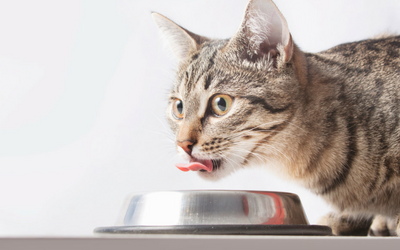
Lymphoma In Cats Vca Animal Hospital

In This Happy Tale Kitty Mom Stephanie Shares The Story Of Her Little Kitten Hunter Ray Who Is Currently Fighting Feline L Feline Leukemia Feline Natural Pet

Heart Disease In Cats Feline Cardiac Conditions The Vet Is In Animal Nutrition Feline Cat Feline

Extranodal Lymphoma In The Cat Semantic Scholar

Extranodal Lymphoma In The Cat Semantic Scholar

X Ray Of Cat That Swallowed Penny Animal Hospital Cats And Kittens Cats

Vet Talks Gastrointestinal Lymphoma In Cats Gastrointestinal Cat Supplements Veterinary Care
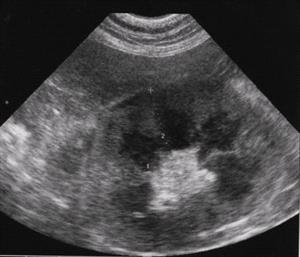
Lymphoma In Cats Veterinary Partner Vin

Lymphoma In Cats Veterinary Partner Vin
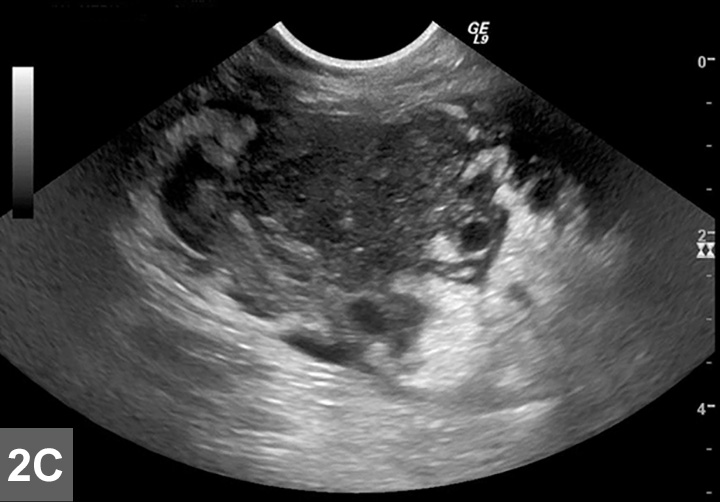
Feline Lymphoma Clinician S Brief

Lymphadenopathy In Cats Lymph Node Inflammation

Gastritis In Cats Vca Animal Hospitals
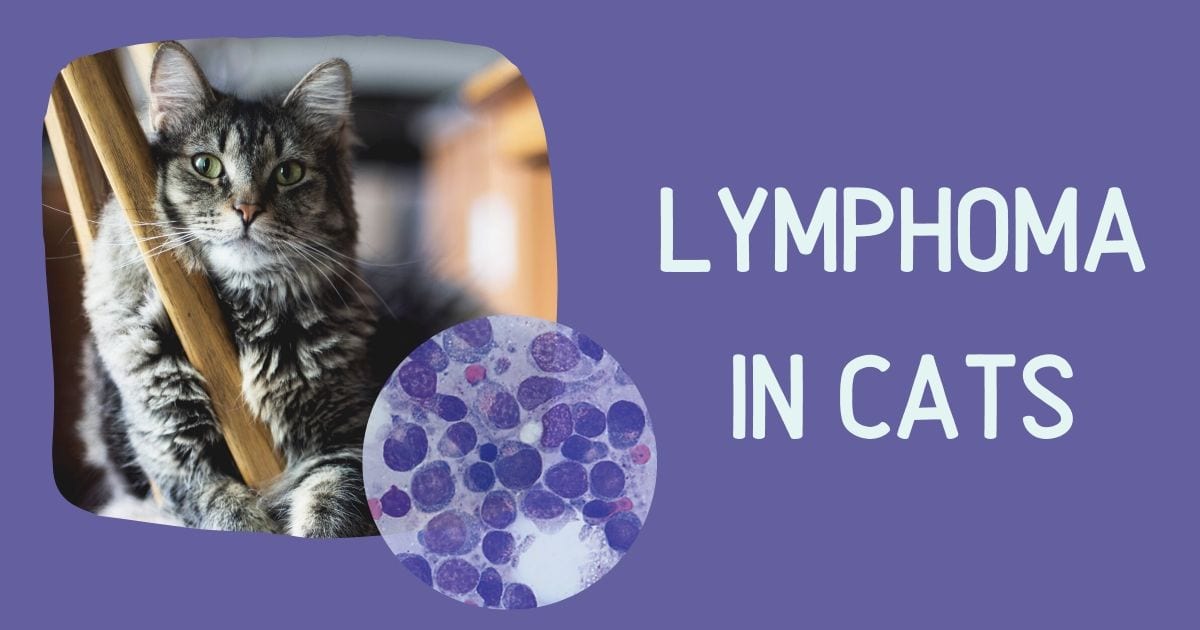
Lymphoma In Cats I Love Veterinary

Immune Support For Cats Celloquent Vitality Science Vitamin C Benefits Immune Support Pet Remedies
